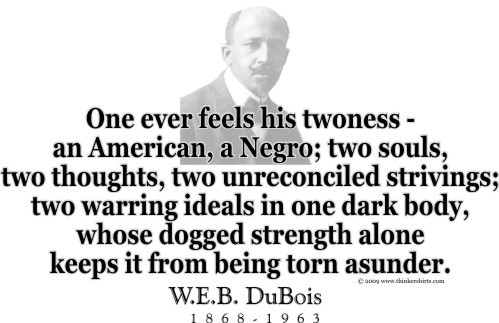
From Time/Michelle Alexander:
One of the reasons that Trayvon Martin’s tragic death resonated so powerfully with millions of people of color, black and brown men in particular, is that it was one of those rare situations in this so-called era of colorblindness when suddenly the curtain was pulled back. All the usual rationalizations for routinely treating young black men as problems and up to no good, were stripped away. There was just a young teenager on the phone with a girl, carrying a bag of Skittles and an iced tea, and he was viewed for no logical reason as scary, out of place, on drugs–someone who needs to be confronted, interrogated and put in place.
Our criminal-justice system has for decades been infected with a mind-set that views black boys and men in particular as a problem to be dealt with, managed and controlled. This mind-set has fueled a brutal war on drugs, a get-tough movement and a prison-building boom unprecedented in world history.
Today, millions of people of color are stopped, interrogated and frisked as they are walking to school, driving to church or heading home from the store. In 2011 alone, the New York City police department stopped and frisked more than 600,000 people. The overwhelming majority were black and brown men who were innocent of any crime or infraction. Their mere existence was cause for concern, just as the sight of Trayvon Martin walking leisurely through his own neighborhood was enough to make George Zimmerman call the police.
Studies have consistently shown that people of color are no more likely to use or sell illegal drugs than whites, yet black people have been arrested and incarcerated at grossly disproportionate rates during the 40-year-old war on drugs. If people who abuse illegal drugs were viewed as people who have real problems–rather than people who are problems–then drug treatment would be the obvious and rational response rather than putting people struggling with addiction in cages, treating them like animals and stamping them with a lifelong badge of inferiority.
Once released from prison, most people find that their punishment is far from over. Felons are typically stripped of the very rights supposedly won in the civil rights movement, including the right to vote, the right to serve on juries and the right to be free of legal discrimination in employment, housing, access to education and public benefits. They’re relegated to a permanent undercaste. Unable to find work or housing, most wind up back in prison within a few years. Black men with criminal records are the most severely disadvantaged group in the labor market. In some places, more than 50% of people are in this demographic.
(11)


